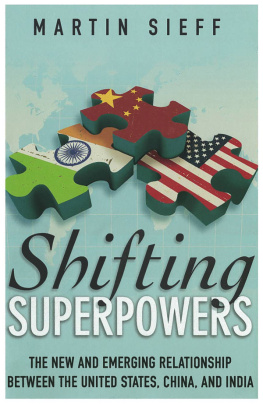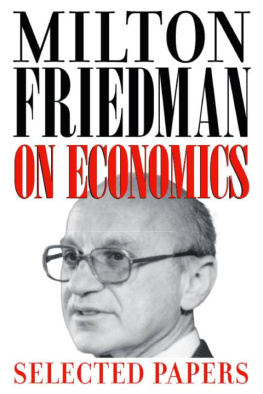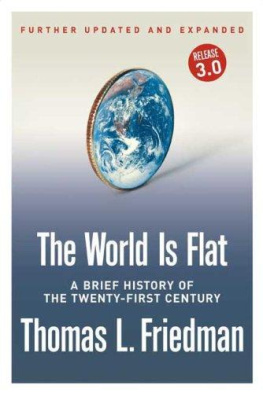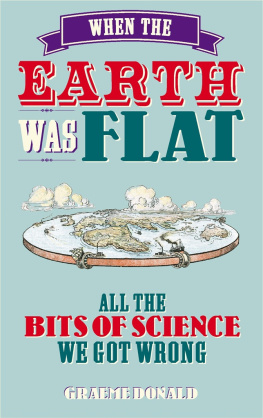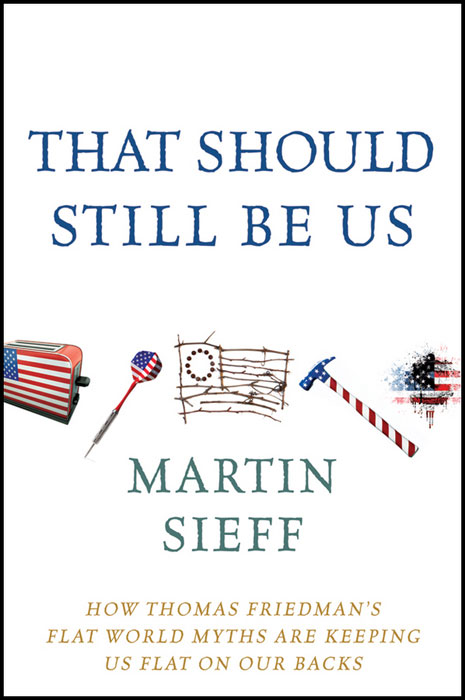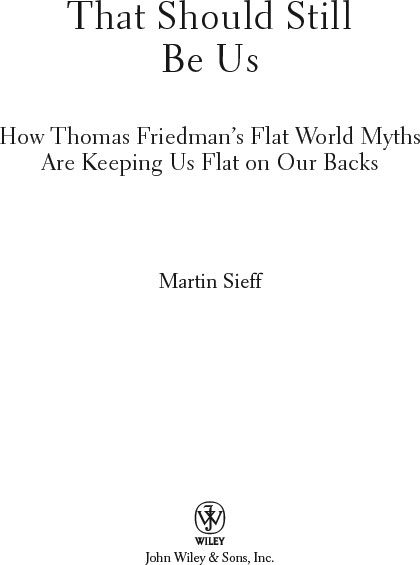Copyright 2012 by John Wiley & Sons. All rights reserved
Published by John Wiley & Sons, Inc., Hoboken, New Jersey
Published simultaneously in Canada
No part of this publication may be reproduced, stored in a retrieval system, or transmitted in any form or by any means, electronic, mechanical, photocopying, recording, scanning, or otherwise, except as permitted under Section 107 or 108 of the 1976 United States Copyright Act, without either the prior written permission of the Publisher, or authorization through payment of the appropriate per-copy fee to the Copyright Clearance Center, 222 Rosewood Drive, Danvers, MA 01923, (978) 7508400, fax (978) 6468600, or on the web at www.copyright.com . Requests to the Publisher for permission should be addressed to the Permissions Department, John Wiley & Sons, Inc., 111 River Street, Hoboken, NJ 07030, (201) 7486011, fax (201) 7486008, or online at http://www.wiley.com/go/permissions .
Limit of Liability/Disclaimer of Warranty: While the publisher and the author have used their best efforts in preparing this book, they make no representations or warranties with respect to the accuracy or completeness of the contents of this book and specifically disclaim any implied warranties of merchantability or fitness for a particular purpose. No warranty may be created or extended by sales representatives or written sales materials. The advice and strategies contained herein may not be suitable for your situation. You should consult with a professional where appropriate. Neither the publisher nor the author shall be liable for any loss of profit or any other commercial damages, including but not limited to special, incidental, consequential, or other damages.
For general information about our other products and services, please contact our Customer Care Department within the United States at (800) 7622974, outside the United States at (317) 5723993 or fax (317) 5724002.
Wiley also publishes its books in a variety of electronic formats and by print-on-demand. Some content that appears in standard print versions of this book may not be available in other formats. For more information about Wiley products, visit us at www.wiley.com .
ISBN 978-1-118-19766-0 (hardback); ISBN 978-1-118-22813-5 (ebk);
ISBN 978-1-118-24063-2 (ebk); ISBN 978-1-118-26535-2 (ebk)
For Debbie Yavelak Sieff...
And for the Industrial Generations of
Belfast, Northern Ireland,
and
Carteret, New Jersey,
Who Built a Better World
And for our Fathers,
Simon Sieff and Dimitri Yavelak
Introduction
Thomas Friedman and Michael Mandelbaums book That Used to Be Us starts out with an anecdote, as all Thomas Friedman books must. While attending the 2010 World Economic Forum summer conference in China, Friedman was deeply impressed by the new Beijing South Railway Station, a huge modern building covered with solar panels and with high-speed trains coming and going. It was built, he calculated with wonder, in only eight months. He compared that with the escalators in his local train station in Bethesda, Maryland, outside Washington, DC, that had been undergoing repairs for nearly six months.
A simple comparison made a startling point, he and Mandelbaum wrote. It took Chinas Teda Construction Group thirty-two weeks to build a world-class convention center from the ground upincluding giant escalators in every cornerand it was taking the Washington Metro crew twenty-four weeks to repair two tiny escalators of twenty-one steps each. (The escalators in question, one should note, are not tiny, as triple Pulitzer Prize winner Friedman and his coauthor wrote. I go through this station myself half a dozen times a week. They are among the longest in the United States with about a hundred steps each.
For Friedman and Mandelbaum, this was the perfect example of how China will beat us: with a sense of urgency and scale. Americans are willing to settle for less these days, they said. Of course, they could have used the exact same example as an argument against his thesis: the Chinese expect to be ferried around in overly expensive government trains while American workers are hardy enough to walk up stairs to work if they have to. Thats the trouble with anecdotes.
But what is the real reason why it will take the Washington Metropolitan Area Transit Authority (WMATA) twenty-four weeks (at best) to repair the Bethesda Metro escalators? The first reason is that the WMATA is a miserably managed mess. Maintenance, one of the most important functions of any advanced industrial economy, has been documented throughout the Washington area Metro system as a bad joke.
The second and main reason is that Americas own domestic industrial base is a pale shadow of its old self. It is far more difficult to get spare parts and especially hard to find the skilled engineers necessary to keep older machinery working smoothly. Why is that? Because successive US administrations for thirty years have done exactly what Friedman has ceaselessly urged them to domaintain free trade with the rest of the world, especially China, and refuse to protect Americas old-fashioned traditional manufacturing base.
Memo number one to Messrs. Friedman and Mandelbaum: if you insist on focusing US government efforts on high-tech research and development and refuse to protect low-tech, far-from-cutting-edge traditional industries, you can expect endless delays in getting spare parts for your Metro rail escalators, your buses, the wonderful new high-speed-train systems, and everything else you fantasize, because you no longer have the broad industrial base to produce those spare parts and basic systems yourself.
And that is likely also the real reason why China was able to build its new super railway station in only eight months: its capable of producing most, if not all, of the components for anything it wants to build right there in its own factories. And it has the foreign currency on hand to easily afford to buy the rest overseas.
And why is that? Because the Chinese, like the Germans, have very sensibly protected their own industrial economy from potentially destructive foreign competition.
And where did they learn to act in this manner, which is so different from the idealized flat world of Friedmans endless siren songs? They learned it from us because that used to be us.

Friedman and Mandelbaum tell another story, of a company called Endo-Stim, as an example of how the future will work. That story says a lot more about their real concerns than the broken escalators of the Bethesda Metro station. EndoStim is a company in St. Louis developing a treatment for acid reflux. Its a very small yet very international company. The CEOs head office is an iPad. Its not clear from their story how many people work for EndoStim, but it appears its no more than a handful, all highly educated and highly international. Its not clear that their product will ever make it to market, but thats not the point. What matters to Friedman and Mandelbaum is that its lean and not filled with workers. One thing you quickly learn reading Friedman and Mandelbaum is that they really do hate ordinary American workers. They say, Youve heard the saying As goes General Motors, so goes America. Fortunately, that is no longer true. We wish the new GM well, but thanks to the hyper-connecting of the world our economic future is no longer tied to its fate. The days of a single factory providing 10,000 jobs for one town are fast disappearing. What we need are start-ups of every variety, size, and shape. That is why our motto is As EndoStim goes, so goes America.


